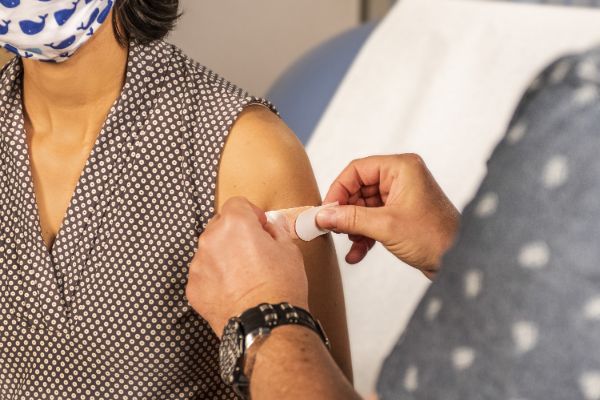Washington, D.C. – Brookings Institution reports less-educated workers dominate health care jobs.
Brookings Institution New Report
 A new report from the Bookings Institution says that health care jobs provide workers with less educational attainment. Although workers are paid lower, their jobs are potential pathways towards a better career. The study conducted indicates an increase of 46% growth in the said occupations in 2011 compared to the previous 39% in the year 2000. Study says that health care workers during the said time frame had less than a bachelor’s degree. The health care system is composed of 61% employees without a four-year degree that is 12.1 million workers. Martha Ross, a co-author of the Brookings’ study says that “the growth can partly be traced to the need to more quickly turn out health workers to serve an aging population.”
A new report from the Bookings Institution says that health care jobs provide workers with less educational attainment. Although workers are paid lower, their jobs are potential pathways towards a better career. The study conducted indicates an increase of 46% growth in the said occupations in 2011 compared to the previous 39% in the year 2000. Study says that health care workers during the said time frame had less than a bachelor’s degree. The health care system is composed of 61% employees without a four-year degree that is 12.1 million workers. Martha Ross, a co-author of the Brookings’ study says that “the growth can partly be traced to the need to more quickly turn out health workers to serve an aging population.”
Bridging Low and High-Paying Occupations
The findings signify that the United States labor force has grown increasingly divided between high and low-paying jobs. The number of middle-income occupations has decreased in the recent years. Today, urgent care clinics have been composed of employees who have attained less education. The employment growth in low-wage sectors also includes retail and fast food industries. Workers in these sectors have also signified an urgent care, protesting for higher pay as well as consistent hours. Ross emphasizes that the health care industry could help in bridging the said division between the high and low-paying jobs. The industry can likewise provide employees with lower educational attainment a way in obtaining a career ladder and a pathway towards upward mobility.
Varied Education and Earning Levels
Health care jobs vary widely involving the education and earning levels. For instance, registered nurses and diagnostic technicians could have secondary degrees or college attainment, and their annual salaries may be higher compared to other workers in the industry. On the other hand, dental assistants, paramedics, emergency medical technicians, and licensed practical nurses could have attained some college, but their annual salaries are lower than the latter. The lowest-earning workers in the same industry are composed of the home health aides and personal care aides who only have high school diplomas. Some of them have experience in an urgent care clinic or other smaller institutions.
Recommendations
The recommendations of the study suggest that such workers should be utilized in greater extents, considering new health care laws that are designed with increasing efficiency plus lower costs. Home health aides as urgent care near me assistance could be trained so that they can monitor the conditions of patients, while encoding electronic medical data, and also conduct health coaching. Ross states that added duties could bring higher pay to people who will enter the health care jobs.
